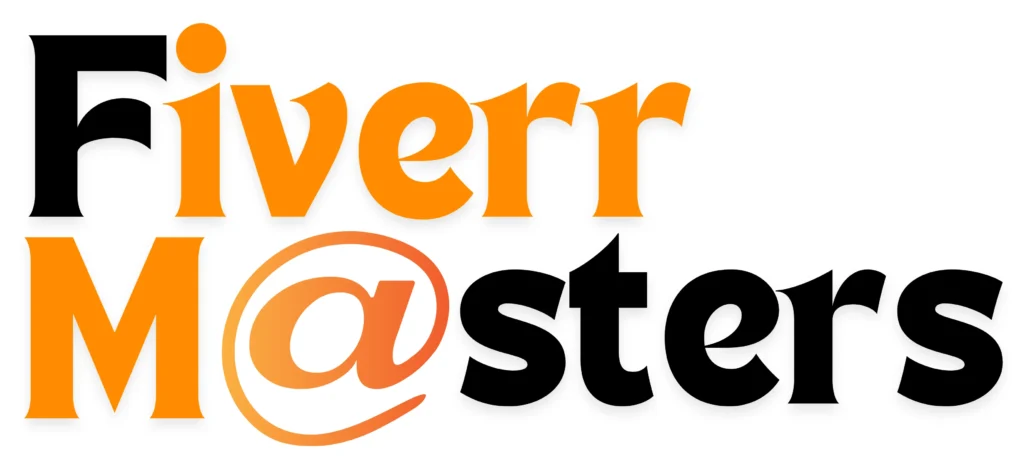In a country like Pakistan, where unemployment and underemployment are constant concerns, choosing between a 9-to-5 job and freelancing is more than just a career choice; it’s a life decision. Let’s dive into a real-world comparison of Freelancing vs Job in Pakistan, covering income potential, career growth, lifestyle, and what truly gives you freedom, security, and satisfaction.
Understanding the Landscape: Freelancing vs Job in Pakistan
Pakistan is going through a digital revolution. With platforms like Fiverr, Upwork, and LinkedIn growing fast, freelancing in Pakistan has become a powerful alternative to traditional employment.
Meanwhile, many still seek stable jobs in banks, government offices, or corporations for consistent income and benefits. Both paths have merit, but the right choice depends on your goals.
What is a job?
A job in the traditional sense means you work for an employer—often full-time—with fixed hours, a stable salary, and benefits like medical insurance or retirement plans.
Pros of a Traditional Job:
- Fixed salary at the end of the month
- Structured career path
- Teamwork and networking
- Job benefits (insurance, paid leave)
Cons of a Traditional Job:
- Limited income growth
- Less freedom or time flexibility
- Office politics and pressure
- Harder to switch careers midstream
What is Freelancing?

Freelancing means you’re self-employed. You offer services online (or offline) and get paid per project, per hour, or contract.
In Pakistan, freelance skills in demand include
- Graphic design
- Content writing
- Digital Marketing
- Web development
- Virtual assistance
Pros of Freelancing:
- Complete freedom over work and time
- No cap on earnings
- Remote work from home
- Multiple income streams
Cons of Freelancing:
- No guaranteed income
- No traditional benefits
- Need self-discipline
- Isolation or lack of a social circle
Income Comparison: Freelancing vs Job in Pakistan
Let’s talk money.
Traditional Jobs:
- Fresh Graduate: PKR 25,000–45,000/month
- Mid-Level: PKR 50,000–100,000/month
- Senior Roles: PKR 150,000+/month (after years of experience)
Freelancing:
- Beginner Freelancer: PKR 20,000–50,000/month
- Skilled Freelancer: PKR 100,000–300,000+/month
- Top Freelancers: Earn in dollars, sometimes PKR 500,000+ monthly
A 24-year-old freelancer from Lahore makes $2,000/month as a content writer—more than most senior managers in local firms.
Keyword note: Income comparison, freelance earnings, Pakistani freelancers, salary difference
Career Growth and Learning Curve

In a Job:
- You get formal training and mentorship.
- Promotions are slow and based on time and politics.
- You often work in a fixed industry, limiting exposure.
In Freelancing:
- You learn fast because the competition is global.
- Growth is based on skill, client satisfaction, and hustle.
- You can shift industries or services anytime.
Work-Life Balance: What Truly Matters?
In traditional jobs, your time is owned from 9 AM to 5 PM (or more). Weekends are your only escape.
Freelancing offers the opposite—you own your time, but discipline is critical.
Freelancers Enjoy:
- More time with family
- Flexibility to travel
- Ability to say no to bad clients
Job Holders Enjoy:
- Routine
- The separation between work and home
- Less mental chaos
Social Pressure in Pakistan: Freelancing vs Job in Pakistan
Let’s face it. In many Pakistani households, “Beta, naukri kab milegi?” is a common question.
Traditional jobs are still seen as more “respectable.”
But this mindset is shifting.
With the rise of freelancing success stories, earnings in dollars, and remote job marketplaces, freelancing is becoming a recognized career path.
Job Security vs. Client Dependency
In jobs, you have relative stability—unless you get laid off.
In freelancing, income may fluctuate, but top freelancers often have multiple clients, creating income security through diversity.
If one client leaves, another is waiting.
Freelancing in Pakistan: The Rising Trend

According to Payoneer’s Global Gig Economy Index, Pakistan ranks in the top 5 freelancing countries globally.
Reasons for the freelancing boom:
- High youth population
- Dollar exchange rate advantage
- Online learning (YouTube, Coursera, DigiSkills)
Which One Is Better for You?
| Criteria | Freelancing | Job |
|---|---|---|
| Income Potential | Unlimited | Fixed |
| Flexibility | High | Low |
| Work Security | Depends on clients | Depends on employer |
| Respect in Society | Growing | High |
| Career Growth | Fast (based on effort) | Slow (based on time) |
| Learning | Self-paced, skill-driven | Structured, formal |
Real-Life Example: Sara’s Story
Sara, a CS graduate from Islamabad, worked in a software house earning PKR 35,000/month. Frustrated with long hours and zero growth, she turned to freelancing. After 6 months on Fiverr, she began earning $700/month. Today, she works with international clients and teaches freelancing on YouTube.
“I work less, earn more, and feel in control of my future.”
Final Thoughts: Choose Freedom or Stability?
Both freelancing and traditional jobs offer different career options in Pakistan.
- If you value structure, stability, and social status, a job might suit you.
- If you value freedom, growth, and global opportunities, freelancing is your ticket.
Ready to Take the Leap?
Whether you’re a student, a housewife, or a job switcher, freelancing can open doors you never imagined.
- Learn a skill.
- Pick a platform (like Fiverr, Upwork, or LinkedIn).
- Start small, stay consistent, and build your freedom.
Want to know how to start freelancing? Check out our guide on creating a Fiverr gig that ranks.
